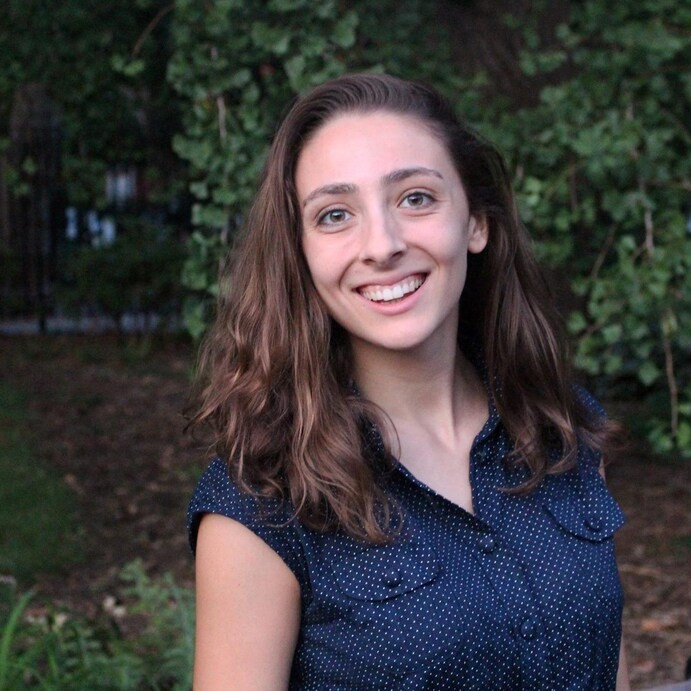Have you ever felt that issues affecting people with disabilities don’t get enough attention? The Washington Post’s inaugural disability reporter Amanda Morris is trying to change that reality.
Prior to becoming the Post’s first disability reporter in 2022, Morris, who is hearing impaired and the child of two deaf parents, served as the first New York Times reporting fellow to focus on disability issues. In an essay for the Times, Morris explained her role as follows:
“I aim to shift the way that the news media reports on and writes about disabled people. Some of my work dismantles long-held stigmas and negative attitudes that many people have toward disability — such as the flawed idea that having a disability is inherently bad or is limiting. I’ve never felt that my disability has made me “less”; instead, my disability is an important part of my identity and has given me a different perspective to offer the world.”
In August 2023, Morris won a $1,000 “Own Your Work” microgrant from Study Hall, a Brooklyn-based media newsletter and online support network for those working in the media space.
Morris says she will use the grant to create a website for the Society for Disabled Journalists, an entity that she and fellow disabled journalists Emyle Watkins, Shruti Rajkumar, Kate Guarino, Eric Garcia, Hannah Wise and Sara Luterman founded during the COVID-19 pandemic.
She told Study Hall that the journalists plan “to create a place where disabled journalists can come together to share experiences and improve the way the industry treats disabled professionals.”
Though Morris brings her personal experience of disability to her work, she doesn’t pretend to know everything about the disabled people she interviews. She views each person as an individual and emphasizes that disability is just one aspect of a person’s identity.
“One of the hardest parts about reporting on disabled people is that there are so many different types of disabilities and their experiences vary widely,” writes Morris in the Times. “I’m not an expert on every disability, but the key to being a disability reporter is to acknowledge that — and listen to those who are.”
While the Society for Disabled Journalists may be the newest organization to support the work of journalists with disabilities, it isn’t the only one. Other similar organizations include the Disabled Journalist Association and Disabled Writers. These organizations are also dedicated to creating support and resources for reporters and writers working in other genres who happen to be disabled.
Additionally, The National Center on Disability Journalism, located at the Walter Cronkite School of Journalism and Mass Communication at Arizona State University, offers “support and guidance for journalists as they cover people with disabilities.” NCDJ is committed to ensuring that reporting about people with disabilities is fair and accurate, and that issues of importance to the disabled is not overlooked or under-covered.

